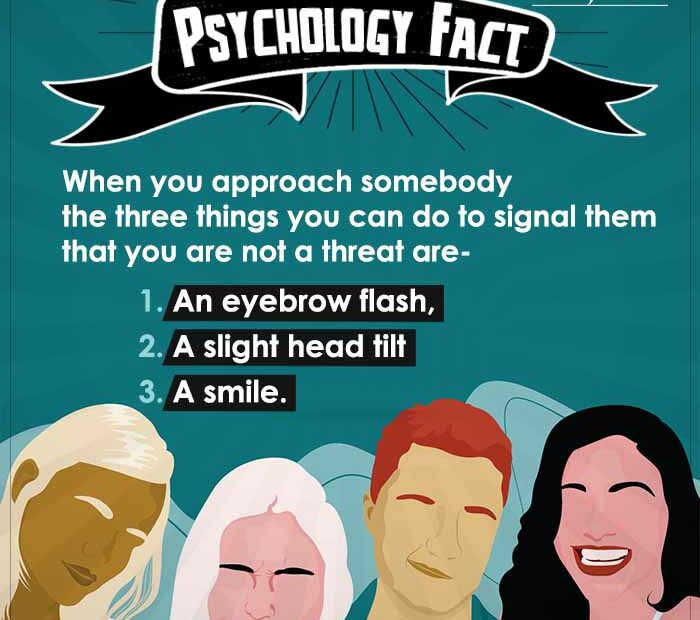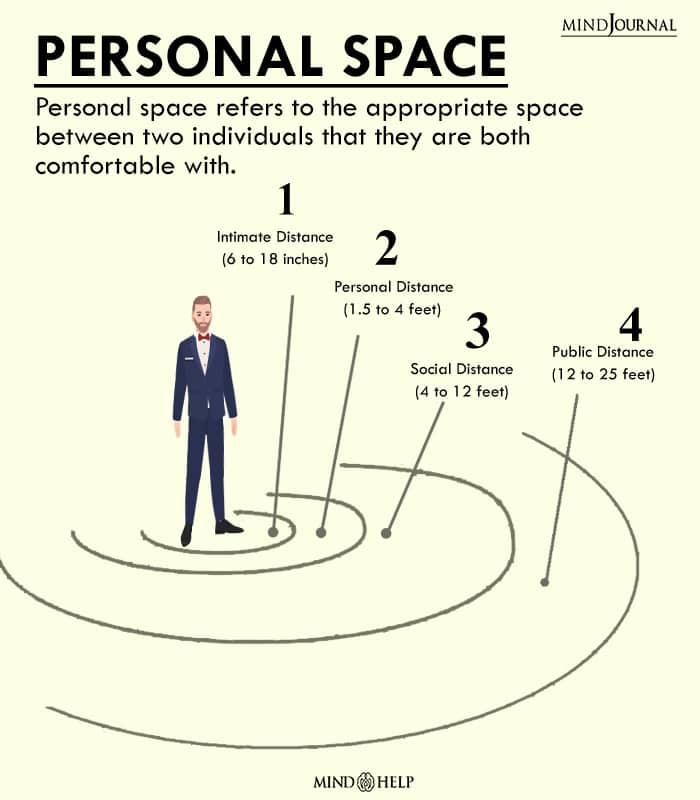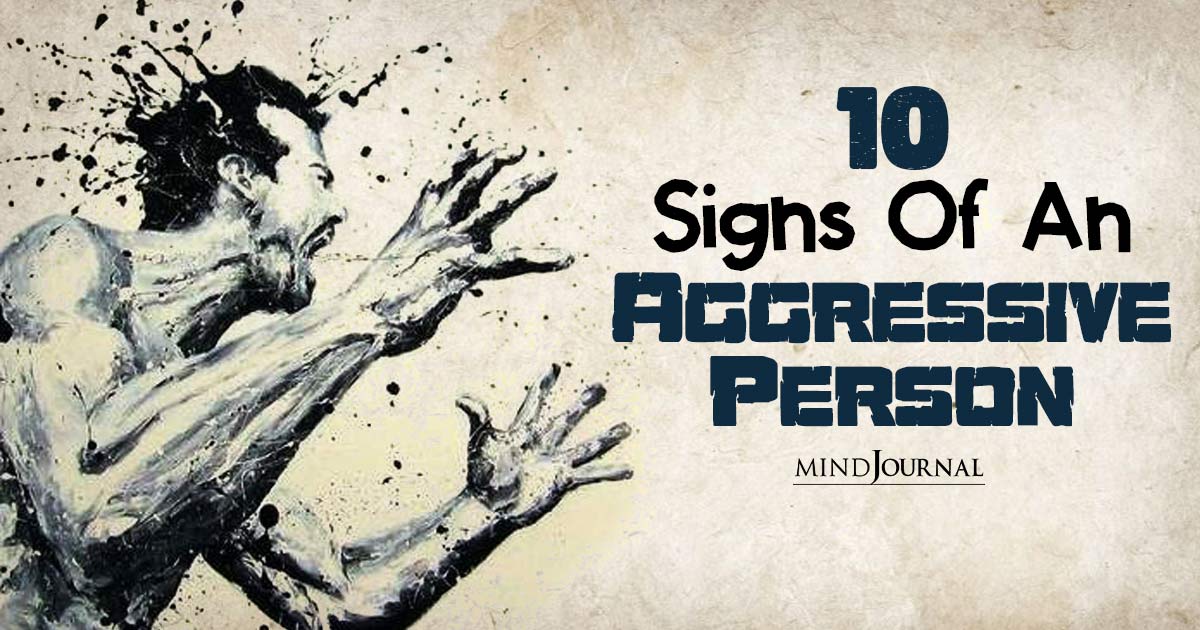Are you a big fan of true crime documentaries or a psychological thriller aficionado? How quickly can you identify a psychopathic stare and these non-verbal signs of psychopathy?
Before making the rookie mistake of tagging anyone who annoys you as a psychopath, let’s cover our bases, shall we? According to research, “psychopathy is a personality disorder characterized by emotional deficits and a failure to inhibit impulsive behavior.” In simpler words, people with psychopathic nature, tend to exhibit the following traits:
- Lack Of conscience or the sense of right and wrong
- Difficulty to empathize or attune with others’ emotions
- Lack of guilt or remorse
Contrary to what you might have seen on those cop shows, although people with a psychopathic nature are at a greater risk of landing on the wrong side of the law, it doesn’t mean that psychopathic tendencies necessarily make someone violent or harmful.
That being said there have been many infamous personalities who ended up doing awful things owing to their psychopathic traits. So it won’t be a terrible idea to learn to identify the behaviors of a psychopath and save yourself from getting involved with another potential Ted Bundy.
How To Spot A Psychopath?

Psychopaths are cunning and manipulative people who are exceptionally skillful at using underhand tactics to get what they want. Oftentimes they inveigle themselves into our lives and leave a trail of toxic drama, conflicts, pain, accusations, and doubts in their wake.
Brain scans can clearly differentiate people who have psychopathic tendencies from those who don’t. But as you cannot request a scan report every time you suspect someone to be a little off, these non-verbal signs of psychopathy can come in handy.
Read: 10 signs you have a toxic daughter-in-law
7 Non-Verbal Signs Of Psychopathy
You must have heard about the psychopathic stare which is a telltale sign of a psychopath. But is there any truth to it? Aren’t psychopaths deviously careful to mask their true intentions?
Yes, psychopaths are known for being the perfect chameleon but, they sometimes send out non verbal cues of psychopathy like the psychopathic stare that give them away. If you are quick to catch these non-verbal signs of psychopathy, you will successfully unmask them.
1. Psychopathic Stare
Who doesn’t fear the unsettling and intense stare of a psychopath? The lifeless psychopathic stare is a predatory gaze that lingers on for a long time making you feel uncomfortable and uneasy.
When psychopaths fix their piercing eyes on someone they are talking to, their heads usually don’t move. A stationary head coupled with a lingering gaze is one of the main non-verbal signs of psychopathy.
But why do psychopaths do that? The reason is that when we move our heads during a conversation, it conveys our emotions. We nod in agreement, shake our heads in dissent, cock our heads when we are intrigued.
Our eye movements also reveal our feelings and moods, like anger, disdain, boredom, and so on. We look away when we are appalled by something and look intently when something arouses our interest.
This is what a true psychopath avoids. They have mastered the art of concealing their emotions and keeping their heads still while penetrating others with their stare during conversations is like an involuntary reflex for them.
And as for the prolonged psychopathic stare, there can be several possible reasons:
- To startle or catch others off guard
- To maintain their upper hand or control over the conversation
- To enjoy the fear that others feel under their stare

2. Pupil Dilation
A study confirms that there is a strong connection between psychopathic traits and pupil dilation in response to external stimuli. When we undergo strong emotions such as fear, rage, lust, hatred, or love our pupils dilate. But psychopaths are unfazed by any kind of emotional stimuli and as a result, their pupils do not dilate.
3. Invasion Of Personal Space

Psychopaths are essentially cold-hearted people who are callous in nature. Although a psychopath knows how to hide this trait from others, research proves that there is a direct link between callousness and a lack of interpersonal distance.
Your average psychopath will disrespect any personal space between you and them. They will tend to stand too close for comfort and will make you uncomfortable with the close proximity of their presence.
They might do this for the following reasons:
- They get a chance to engage in aggressive behavior
- They are not afraid to stand near strangers.
4. Hand Gestures
When we are engaged in a conversation, we use several types of hand gestures to point at something, to describe something concrete or abstract, and to emphasize a part of our speech. How do psychopaths communicate?
Research says psychopaths use this last form of hand gesture profusely while interacting with others. They incorporate upward, downward, and back and forth hand movements to:
- To draw the attention of others to a particular sentence or phrase
- To make others steer away from a conversation
- To divert attention from the lies or inconsistencies
5. Micro-Expressions
When a psychopath gets away with a lie, they cannot help but feel glee by deceiving the other person. In a fleeting moment of glory, their face might give away a smirk or a smile. This is known as duping delight, one trusted method of detecting physiological and emotional arousal.
If you are quick enough you will identify these blink-and-miss non-verbal signs of psychopathy while watching taped interviews of psychopathic serial killers. A furrowed eyebrow, pursed lips, etc. are some other micro non-verbal signs of psychopathy.
6. Lack Of Emotional Expressions
Any discussion on psychopathy and nonverbal indicators of psychopaths is incomplete without the subject of their inability to express emotions. They will talk about some of their most heinous acts against mankind in the same casual tone in which they might share what they had for lunch.
They are not capable to feel remorse, sadness, guilt, or any human emotion that might strike a chord with other non-psychopathic people.
They can add mundane things they did in the same sentence in which they reveal they have hurt someone or duped someone. This is primarily because they do not realize the consequences of their actions.
7. Dominant Body Language
As discussed above, one of the non-verbal signs that someone is a psychopath is their lack of respect for personal space. Another non-verbal sign of psychopathy is the way they tend to lean forward and try to loom over you when you are talking to them. They do this only to exert their dominance over you and make you feel threatened.
A Word Of Caution
Now that you know about psychopathic stare and other most common and widely observed non-verbal signs of psychopathy, one word of caution is in order. Only an expert in mental health and psychosis can claim to identify a psychopath accurately.
While these non-verbal signs of psychopathy will be helpful for your personal knowledge, don’t go around accusing people of being psychopaths.
Read: Take this sociopath test to know whether you suffer from Antisocial Personality Disorder
So that was it for our topic on psychopathic stare and non-verbal signs of psychopathy. As always do let us know if you liked our content by commenting down below.
Frequently Asked Questions
What are the 4 dimensions of psychopathy?
The 4 dimensions of psychopathy are interpersonal, affective, lifestyle, and antisocial.
What is a high-functioning psychopath?
High-functioning psychopaths are charming yet deceptive enough to manipulate others and are ruthlessly driven toward their career and other personal goals at the expense of others.
Is there a spectrum of psychopathy?
According to the Hare Psychopathy Checklist, psychopathy is a spectrum disorder featuring traits including pathological lying, lack of empathy, impulsivity, and more.










Leave a Reply
You must be logged in to post a comment.